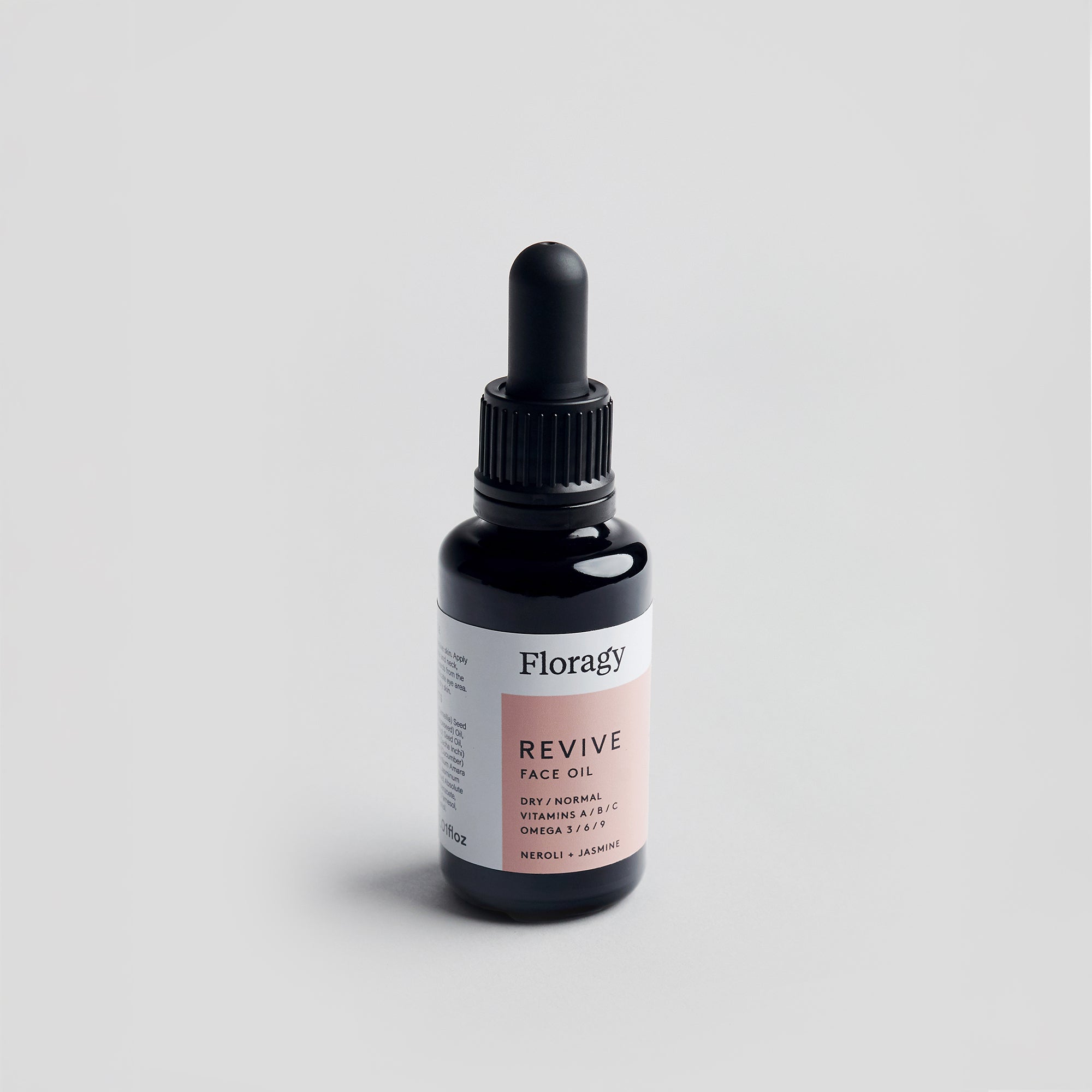
The Power of Vitamins in Skincare: How They Help Your Skin Glow
Vitamins are a vital part of our skincare routine, providing essential nutrients that nourish, repair, and protect our skin. Whether applied topically or ingested, vitamins play a key role in maintaining healthy, glowing skin. In this blog post, we’ll dive into the role of vitamins in skincare, how your skin absorbs them, and the benefits of omega oils.
How Your Skin Absorbs Vitamins Topically
Your skin is the body's largest organ, and it has the ability to absorb nutrients and beneficial compounds directly from topical skincare products. When applied to the skin, vitamins can penetrate through the outer layers (the epidermis) and reach deeper into the dermis, where they stimulate cell regeneration, boost collagen production, and protect against environmental damage.
The effectiveness of topical vitamins depends on factors like the formulation of the product, the vitamin's stability, and the condition of your skin. Oils and serums are often preferred delivery systems for vitamins because they allow for better absorption compared to creams, as oils can penetrate the skin more deeply.
Key Vitamins in Skincare
-
Vitamin A (Retinol)
Vitamin A is known for its powerful anti-aging benefits. It promotes collagen production, reduces the appearance of fine lines, and improves skin texture. Retinol, the active form of Vitamin A, encourages skin cell turnover, making it an excellent choice for those with acne or uneven skin tone. It helps unclog pores and prevent breakouts, while also stimulating the production of new, youthful skin cells. -
Vitamin C
Vitamin C is a potent antioxidant that helps brighten the skin, reduce dark spots, and even out skin tone. It also stimulates collagen production, which helps with skin elasticity and reducing fine lines. Additionally, Vitamin C helps protect your skin from harmful free radicals caused by sun exposure and pollution, offering an extra layer of defence. -
Vitamin E
Vitamin E is renowned for its hydrating properties and its ability to protect the skin from oxidative stress. It works as a natural moisturiser, helping to keep the skin soft and smooth. Vitamin E also has healing properties, making it beneficial for reducing scars, stretch marks, and signs of aging. Its antioxidant properties also help protect the skin from environmental damage. -
Vitamin B3 (Niacinamide)
Niacinamide is a superstar in skincare due to its versatility. It helps regulate sebum production, making it ideal for those with oily or acne-prone skin. It also strengthens the skin barrier, reducing redness and irritation, and improves the appearance of fine lines and wrinkles. Niacinamide can also help with hyperpigmentation, offering a brightening effect on dark spots or post-acne scars. -
Vitamin D
Vitamin D plays a key role in skin repair and rejuvenation. It helps the skin regenerate and produce new cells, which is crucial for maintaining a healthy skin barrier. Additionally, Vitamin D has anti-inflammatory properties that can help calm conditions like eczema and psoriasis. Since Vitamin D is often absorbed through sunlight, many skincare products now include it to help replenish any deficiencies.
Omega Oils in Skincare
In addition to vitamins, omega oils are another essential component in skincare. These fatty acids are important for maintaining the skin’s lipid barrier, keeping moisture locked in and protecting against environmental stressors. There are three main types of omega oils found in skincare:
-
Omega-3 Fatty Acids (EPA and DHA)
Omega-3s are powerful anti-inflammatory agents that help soothe and calm irritated skin. They are beneficial for those with dry or sensitive skin, as they can help maintain hydration and reduce redness. Omega-3s also help prevent the breakdown of collagen, which is crucial for maintaining skin elasticity and preventing premature aging. -
Omega-6 Fatty Acids (Linoleic Acid)
Omega-6 fatty acids, particularly linoleic acid, are essential for maintaining the skin’s protective barrier. They help the skin retain moisture, preventing dryness and dehydration. Omega-6s also have anti-inflammatory properties, making them ideal for soothing skin conditions like eczema, acne, and rosacea. -
Omega-9 Fatty Acids (Oleic Acid)
Omega-9s, such as oleic acid, are known for their moisturising and nourishing properties. They help to soften the skin and improve its elasticity. Omega-9s are also beneficial for promoting skin regeneration and protecting against signs of aging. While they are more moisturising than Omega-3s and Omega-6s, they are particularly suited for dry and mature skin types.
How to Incorporate Vitamins and Omega Oils into Your Skincare Routine
To reap the benefits of these vitamins and omega oils, consider incorporating products that feature these key ingredients into your skincare routine. Look for serums, oils, and creams that contain Vitamin A, C, E, or B3, as well as omega-rich oils like Camellia oil, and Rosehip oil. Make sure to use these products consistently for the best results, and be mindful of the potency of certain vitamins like Vitamin A (retinol), as it can increase skin sensitivity.
At Floragy, we’re proud to offer a range of products that harness the power of these vitamins and omega oils to support your skin’s health and natural glow. Whether you're looking to target aging, brighten your complexion, or restore hydration, incorporating these essential nutrients into your skincare routine can help your skin look and feel its best. Check the front of our labels for more more information about the specific vitamins and omega oils each product contains.
By understanding how vitamins and omega oils work, you can make informed decisions about your skincare products and provide your skin with the nourishment it needs to thrive.

















